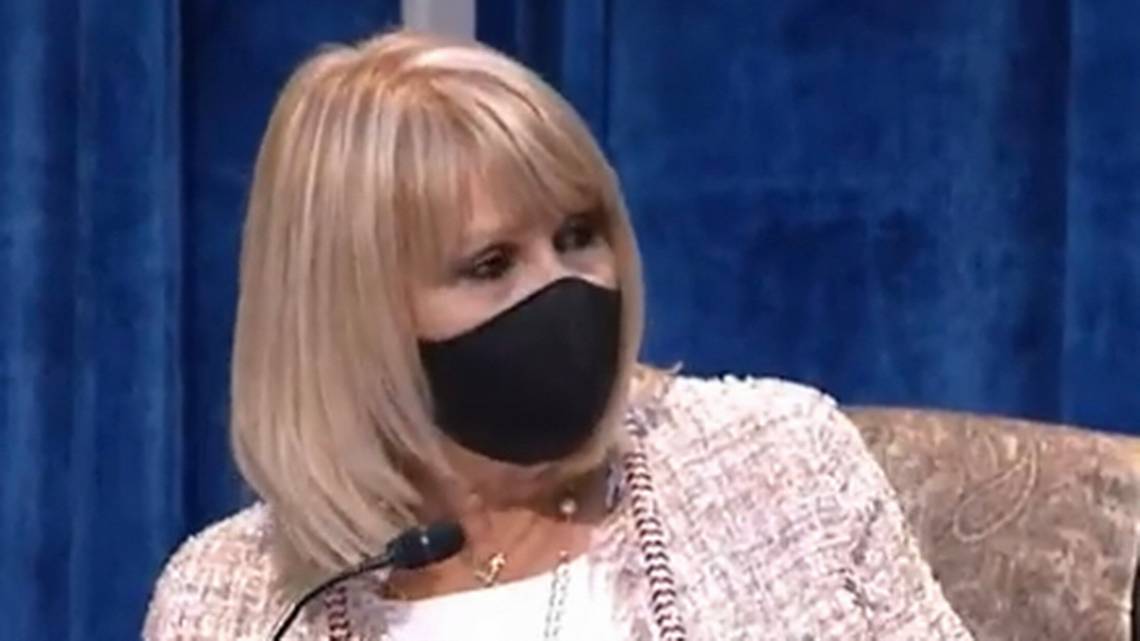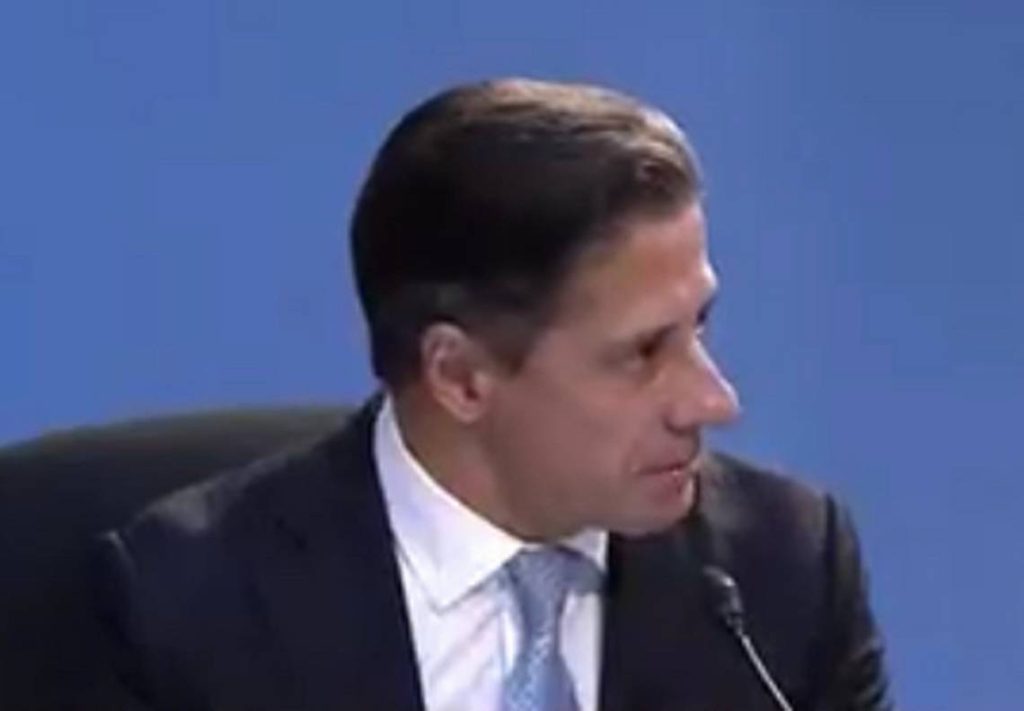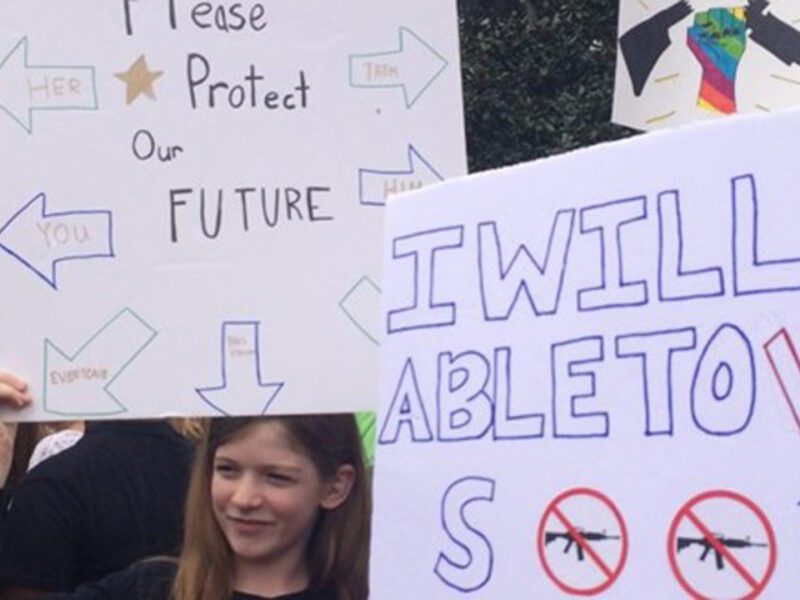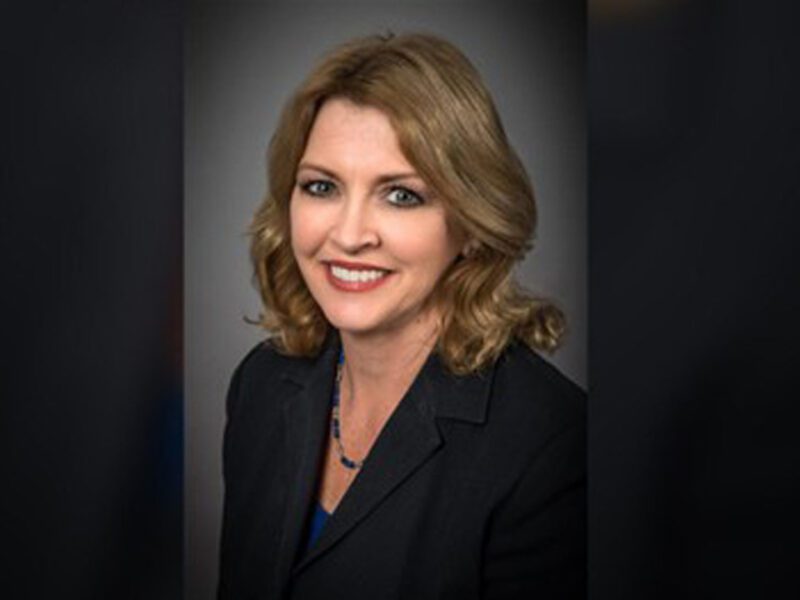
Miami schools predict unprecedented mental health needs for returning students this fall
Miami Herald | By David Goodhue | June 23, 2021
The Miami-Dade County school district will likely hire additional mental health professionals to deal with an expectantly large — and possibly unprecedented — number of returning students and staff who suffered psychological trauma over the course of the COVID-19 pandemic.
“There are going to be many that are going to be experiencing mental challenges and our education business will certainly never be the same,” School Board Member Mari Tere Rojas said during the nine-member body’s meeting Wednesday.
The proposal, which was unanimously approved by the board, comes as hospitals, clinics and private practices in South Florida report a surge in behavioral health issues among adolescents brought on by the pandemic, as well as a shortage of mental health professionals to meet those needs.
t’s a situation seen nationwide, with the U.S. Centers for Disease Control and Prevention reporting that mental health-related emergency room visits among adolescents aged 12–17 jumped 31% in 2020, over 2019, much of that attributable to the social isolation spawned by the pandemic.
“There have been areas in hospitals here in South Florida that have turned the adult psych/behavioral health areas to now pediatric,” said School Board Member Lubby Navarro, who visited with children in a local hospital’s mental health wing this week. She did not name the hospital.
“If there’s one important item that we’re voting on today, it’s this,” she said.
Miami-Dade Public Schools is anticipating most of its 334,000 students will return to in-person learning in the fall, and district officials anticipate many of the roughly 49% who’ve been remote during the past academic year will face steep obstacles as they re-acclimate to the physical classroom.
“Some are thrilled with remote learning and are not excited to be back in the classroom. Some have struggled with remote learning and have fallen behind,” Rojas said. “They are feeling anxiety as to whether they will be able to catch up. Many teachers have gone to heroic lengths to be innovative and exciting in their approach to online lessons, but after a year, these efforts are undoubtedly wearing thin on them, too.”
The proposal calls for the superintendent to look into using the district’s Elementary and Secondary School Emergency Relief Funds to hire more certified and licensed mental health clinicians to provide services to both students and staff.

The board tasked Superintendent Alberto Carvalho to report back by July 9 on the proposal’s feasibility.
Rojas wrote in the proposal that the types of trauma students likely experienced over the past 18 months include the deaths and severe illnesses of loved ones, parents’ lost jobs and “the interruption and/or postponement of many smaller yet important routines, rituals, significant gatherings, and other milestones in their daily lives.”
She said teachers and other school staff need to be trained to be cognizant of the signs students may exhibit in suffering from trauma. These symptoms include difficulty concentrating, anger and irritability, mood swings, fear, guilt, shame, and withdrawing from others.
“Creating a sense of security, relational safety, consistency, and a supportive environment will lead to productive teaching and learning for everyone,” Rojas said. “Teachers and school staff need to be aware of and must be prepared for the challenges that they may be facing returning to school.”





